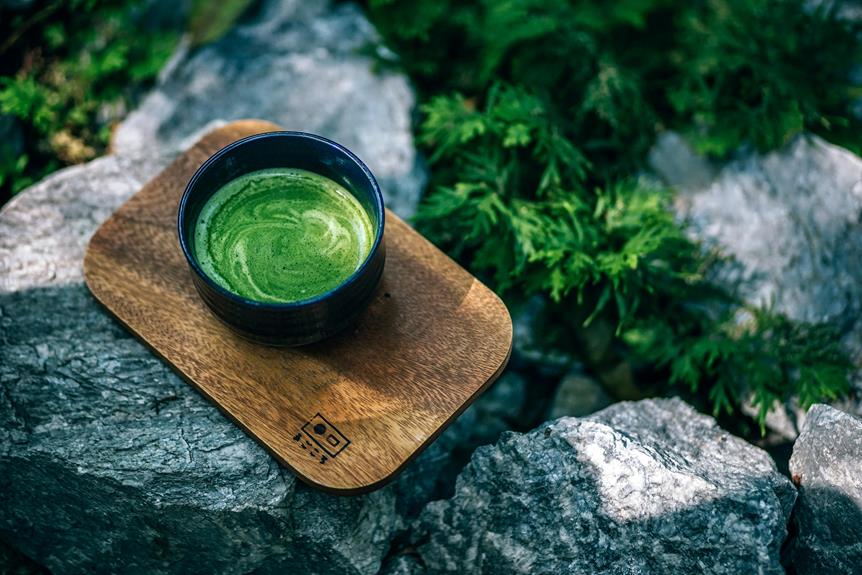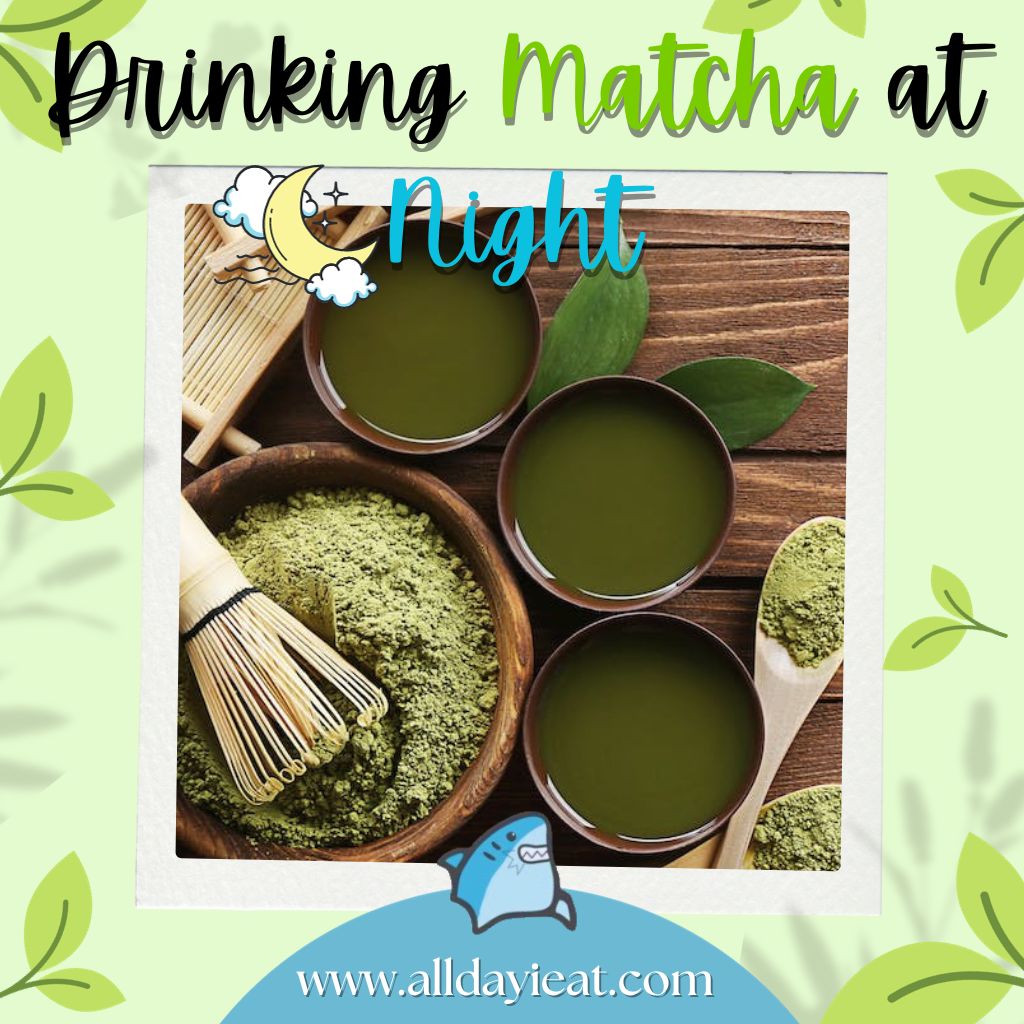

Does matcha have caffeine? This question has been buzzing in the health and wellness community, and today, we’re diving deep into the world of this vibrant green powder to uncover the truth. Matcha, a finely ground green
The Basics: What Exactly Is Matcha?
Before we delve into the question “does matcha have caffeine,” it’s essential to understand what matcha is. Matcha is a type of green
The process of creating matcha is meticulous and steeped in tradition.
Does Matcha Have Caffeine? The Surprising Answer
So, does matcha have caffeine? The short answer is yes, matcha does contain caffeine. However, the caffeine content in matcha is unique in several ways. A typical serving of matcha (about 1 teaspoon or 2 grams) contains approximately 38-70 mg of caffeine. This amount can vary depending on factors such as the quality of the matcha, the brewing method, and the serving size.
To put this into perspective, here’s a comparison of caffeine content in various beverages:
- Matcha (1 serving): 38-70 mg
- Brewed coffee (8 oz): 95-200 mg
- Green
tea (8 oz): 25-35 mg - Black
tea (8 oz): 14-70 mg - Espresso (1 oz): 47-64 mg
As you can see, matcha falls somewhere between regular green
The Matcha Difference: Why Its Caffeine Is Special
Now that we’ve answered the question “does matcha have caffeine,” let’s explore what makes matcha’s caffeine different from other sources. The key lies in matcha’s unique composition, particularly its high content of L-theanine, an amino acid known for its calming effects.
When you consume matcha, the caffeine is released slowly into your bloodstream over a period of 6-8 hours, thanks to the presence of L-theanine. This results in a sustained energy boost without the jitters or crash often associated with coffee. The synergistic effect of caffeine and L-theanine in matcha provides a state of calm alertness, often described as “focused energy.”
So, does matcha have caffeine that’s better for you? Many people find that matcha’s caffeine provides a more balanced and sustainable energy boost compared to other caffeinated beverages. This makes matcha an excellent choice for those looking to enhance their focus and productivity without the downsides of traditional caffeine sources.
The L-Theanine Factor: Matcha’s Secret Weapon
When discussing “does matcha have caffeine,” it’s crucial to highlight the role of L-theanine. This amino acid is found in high concentrations in matcha due to the shade-growing process. L-theanine has been shown to promote relaxation without causing drowsiness, and when combined with caffeine, it can enhance cognitive performance.
The L-theanine in matcha:
- Reduces stress and anxiety
- Improves focus and concentration
- Enhances mood and cognitive performance
- Promotes a state of relaxed alertness
This unique combination of caffeine and L-theanine is what sets matcha apart from other caffeinated beverages. When you drink matcha, you’re not just getting a caffeine boost; you’re experiencing a harmonious blend of energy and calm.
Does Matcha Have Caffeine That’s Better for Your Health?
Given the unique properties of matcha’s caffeine, many people wonder if it’s a healthier alternative to other caffeinated beverages. While the answer to “does matcha have caffeine” is yes, its effects on health go beyond just its caffeine content.
Matcha is rich in antioxidants, particularly catechins like EGCG (epigallocatechin gallate), which have been linked to various health benefits:
- Boosting metabolism and aiding in weight loss
- Supporting heart health by reducing bad cholesterol
- Enhancing brain function and potentially reducing the risk of age-related cognitive decline
- Strengthening the immune system
- Providing anti-inflammatory effects
Moreover, the sustained energy provided by matcha can lead to improved productivity and focus throughout the day, potentially reducing the need for multiple cups of coffee or energy drinks.
How Much Matcha Should You Consume?
Now that we’ve answered “does matcha have caffeine,” you might be wondering how much matcha is safe to consume. The recommended daily intake of matcha varies depending on individual tolerance and health goals, but generally, 1-2 cups per day is considered safe for most adults.
When preparing matcha, start with 1/2 to 1 teaspoon of powder per cup of water. This allows you to enjoy the benefits of matcha without consuming excessive amounts of caffeine. Remember, while matcha’s caffeine is released more slowly, it’s still important to be mindful of your total caffeine intake throughout the day.
The Perfect Matcha: Preparation Tips
To fully enjoy the benefits of matcha and its unique caffeine content, proper preparation is key. Here’s a simple guide to making the perfect cup of matcha:
- Sift 1/2 to 1 teaspoon of matcha powder into a bowl to remove any clumps.
- Add about 2 ounces of hot water (175°F/80°C is ideal).
- Using a bamboo whisk or electric frother, whisk the matcha in a zigzag motion until it’s frothy and well-combined.
- Add more hot water or steamed milk if desired.
Remember, the question “does matcha have caffeine” is just the beginning. The way you prepare and consume matcha can significantly impact your experience and the benefits you receive.
Matcha vs. Coffee: A Caffeine Showdown
While we’ve established that the answer to “does matcha have caffeine” is yes, how does it compare to coffee, the world’s most popular caffeinated beverage? Here’s a breakdown:
- Caffeine content: Coffee generally has more caffeine per serving than matcha.
- Energy release: Matcha provides a more sustained energy boost, while coffee often results in a quicker spike and crash.
- Side effects: Matcha is less likely to cause jitters, anxiety, or stomach discomfort compared to coffee.
- Nutritional profile: Matcha offers additional health benefits due to its high antioxidant content.
- Taste: Matcha has a unique, grassy flavor, while coffee has a more bitter taste.
Many people find that switching from coffee to matcha or incorporating both into their routine provides a more balanced approach to caffeine consumption.
Beyond Caffeine: Other Health Benefits of Matcha
While the question “does matcha have caffeine” is important, it’s just one aspect of this remarkable superfood. Matcha offers a wide range of health benefits beyond its caffeine content:
- Rich in antioxidants: Matcha contains high levels of catechins, particularly EGCG, which help fight oxidative stress in the body.
- Supports heart health: Regular consumption may help lower bad cholesterol and reduce the risk of heart disease.
- May aid in weight loss: The compounds in matcha can boost metabolism and increase fat burning.
- Enhances brain function: The combination of caffeine and L-theanine in matcha may improve memory, reaction time, and attention span.
- Supports liver health: Studies suggest that matcha may help protect the liver from damage and improve its function.
- Potential cancer-fighting properties: The high concentration of antioxidants in matcha may help prevent the growth and spread of cancer cells.
- Skin health: The antioxidants in matcha can contribute to healthier, more radiant skin.
Conclusion: Embracing the Matcha Lifestyle
So, does matcha have caffeine? Yes, it does. But as we’ve discovered, matcha’s caffeine is just one part of its complex and beneficial composition. The unique combination of caffeine and L-theanine in matcha provides a balanced, sustained energy boost that many find preferable to other caffeinated beverages.
By incorporating matcha into your daily routine, you’re not just getting a caffeine fix; you’re embracing a centuries-old tradition that offers numerous health benefits. Whether you’re looking to enhance your focus, boost your antioxidant intake, or simply enjoy a delicious and energizing beverage, matcha has something to offer.
Remember, the key to enjoying matcha is moderation and proper preparation. Start with small amounts, experiment with different preparation methods, and listen to your body. With its unique properties and rich cultural heritage, matcha offers more than just caffeine – it provides a holistic approach to energy and well-being.





Konnichiwa! (Hello!) I'm Pat Tokuyama, a Japanese tofu cookbook author, who travels for music, food, and adventure. If you like Japanese tea, checkout some of the newestorganic japanese tea, matcha bowls and noren and more!
** Curious about the Plant Based Japanese Cooking Club? ** Learn more here!